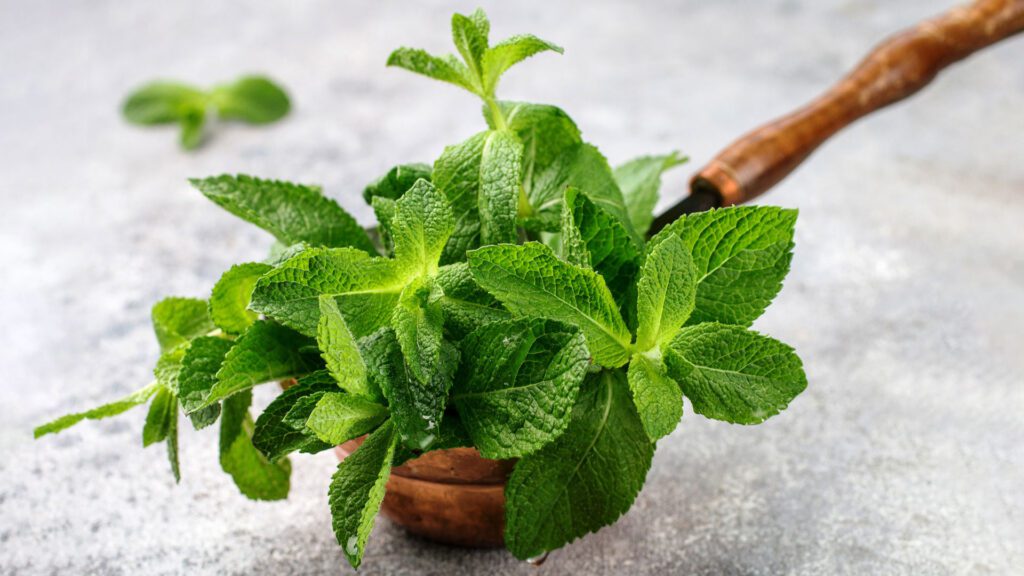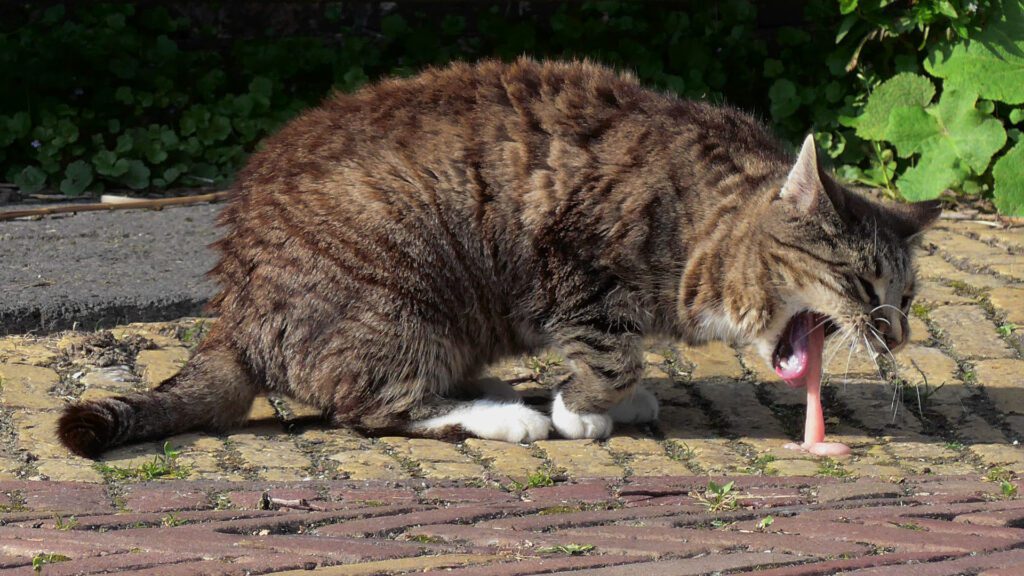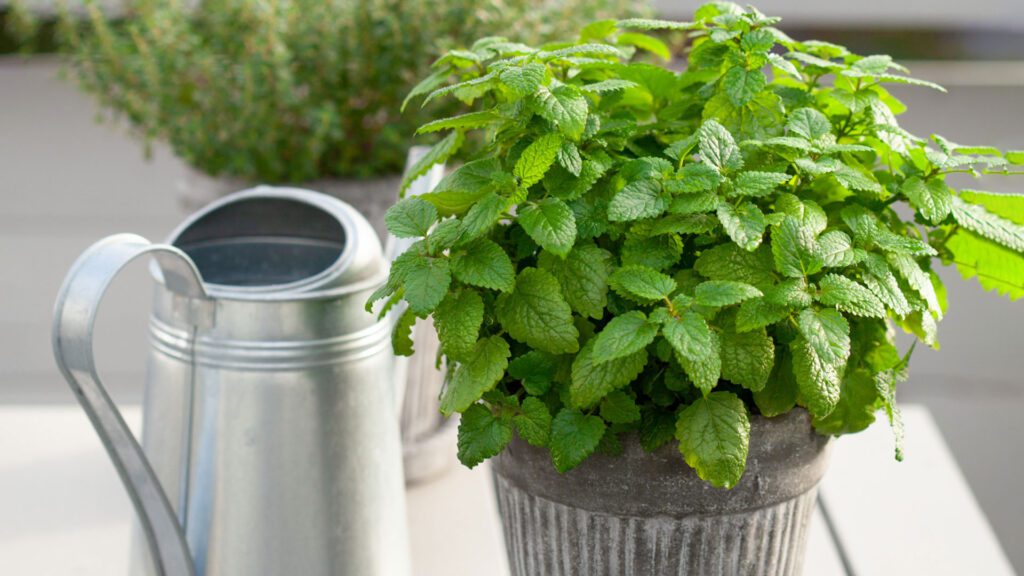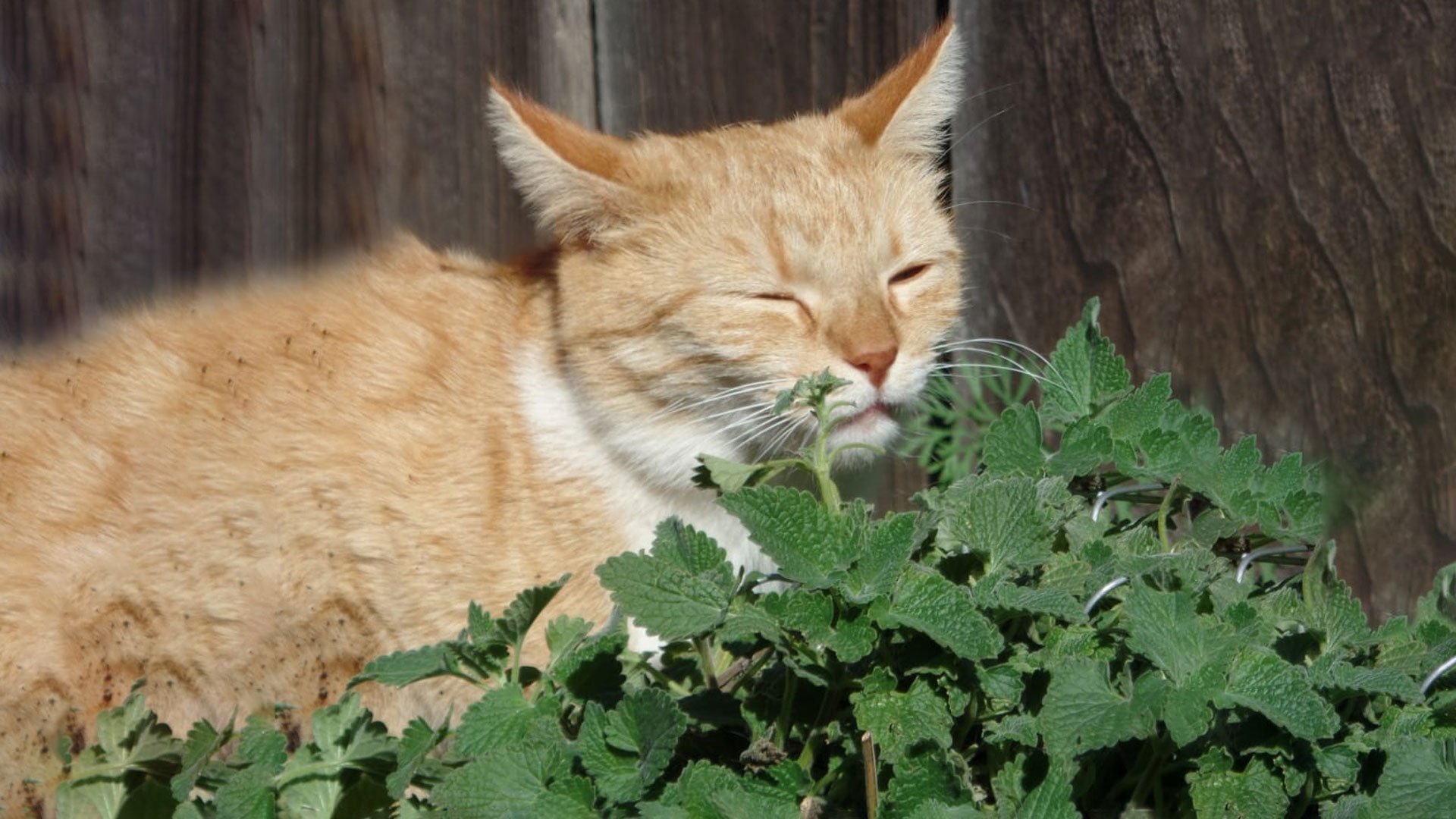Lemon balm is a fantastic plant with medicinal and herbal properties. Its refreshing citrus scent and versatility made it a star in the botanic world. But that begs the question, is lemon balm safe for cats and other pets? In short, yes, it is!
This detailed article should give you some insight into what this plant brings to the table and whether you can leave it around your kitty. So, let’s begin!
What Exactly Is Lemon Balm?

A non-toxic herb, lemon balm contains antiviral, sedative, and anti-inflammatory compounds. Also known as Melissa officinalis, this plant is used by people of all types and professions.
Gardeners love to use it to attract bees, while homeowners adore the way it reinvigorates their home and elevates the taste of the food to which it’s added.
The most favorable thing about lemon balm is that it lacks those components that make citrus fruits harmful to felines. Cats can come into contact with this herb without the risk of incurring any liver damage.
Benefits of Lemon Balm
Apart from its culinary and air-freshening uses, lemon balm is also incredibly spectacular as a remedy. Chemists use this as an ingredient in a range of skin creams and aromatherapy products and for the right reasons.
Here are all the problems that this herb can effectively cure or ameliorate:
Calms Stress
Cures Insomnia
Relieves Discomfort Caused By Indigestion (such as bloating and other GI issues)
Improves Appetite
Since lemon herb isn’t inherently detrimental to the well-being of cats, you can definitely use it to soothe any pain both cats and dogs might have.
Tips For Cat Owners When Introducing Their Pets to This Herb
Well, as I mentioned earlier, lemon balm is generally safe and not toxic to cats. However, like most things, you might need to gradually and carefully introduce it to them so that they aren’t averse to it.
Here’s a guide to introducing this miracle plant to your feline friend properly:
Give Them Small Amounts of It
Like humans, cats and other animals can have allergies to which we’re usually oblivious. Therefore, make sure to initially get them accustomed to smaller amounts of it.
Observe their behavior throughout the entire process. If they begin sneezing, coughing, or feeling nauseous at any point, stop it immediately. Seek veterinary attention if these allergy symptoms don’t subside.
Rub Leaves to Release Their Scent
If your cat seems apathetic towards it, pluck out one of the leaves and rub it between your index finger and thumb to intensify the scent.
Since most felines are partial to minty scents, it’s probable that your cat will like it, too.
Don’t Force Them
If they seem perpetually inclined to stay away from the plant, it’s alright. Don’t force them to like it. Every cat is different, and so are its preferences! It’s a lot like catnip; not all cats love it equally.
Why Shouldn’t Cats Eat Too Much Of This Plant?

Consuming anything in controlled amounts is the way to go for both humans and animals. If they eat leaves upon leaves of lemon balm in one sitting, they could end up feeling queasy, start vomiting, or even get diarrhea.
This is because cats don’t have the same digestive enzymes as herbivores and omnivores. Their digestive system often struggles to cope with the excessive amounts of any plant, let alone this one.
Moreover, it’s important to note that the sensitivity of cats to anything, especially lemon balm, can differ based on each individual cat’s conditions and immune system.
Plants You Should Keep Your Cats Away From
If you’ve recently decided to adopt a kitten or already have a cat at home, you might want to reconsider the types of plants you have in your home.
Even though the lemon balm appears to be cat-friendly and safe to keep in your home, you may have other plants that could have adverse effects on your pets. Here’s a list featuring a handful of them.
Lily
Azalea
Sago Plants
Cyclamen
Tulips
Autumn Crocus
Daffodils
Aloe
Oleander
Keep in mind that these are only some of them. There’s an eclectic range of plants that could cause your cat many health problems from gastrointestinal issues to serious lung diseases that might have to be checked out by a veterinarian.
Keep Lemon Balm Out of the Reach of Your Cat

Despite being immensely beneficial to them, limiting their access to this plant is a great way to prevent them from overindulging. Because it belongs to the mint family, most cats are easily allured by its enticing fragrance.
Consider areas that are very high and unreachable by your cats. Since they’re nimble and incredible climbers, a shelf positioned at eye level wouldn’t suffice. Instead, keep it on a balcony that you should keep latched whenever you aren’t around.
Keep watering, dividing, and adding fertilizer to catalyze its growth. You should have a fragrant plant freshening up your balcony in no time!
So Yeah, Letting Your Cat Eat Lemon Balm in Moderation is Completely Safe!
So that’s everything you need to know about the lemon balm plant and why it’s so beneficial to animals and humans alike. Remember, certain herbs can be toxic, while others are absolutely fine to consume in moderation. It’s infinitely crucial for you to consult your personal vet and ask them what’s right and what isn’t for your cat.
Ultimately, this plant’s health benefits are mainly due to it’s antioxidant, antispasmodic, and antibacterial properties. In due time, your cat will have adelectable snack of their own while you sort out any discomfort or problems you might have. So, get ready to use lemon balm as a medicine, an air freshener, or even a garnish, and enjoy the pleasantly citrusy scent it emits.





